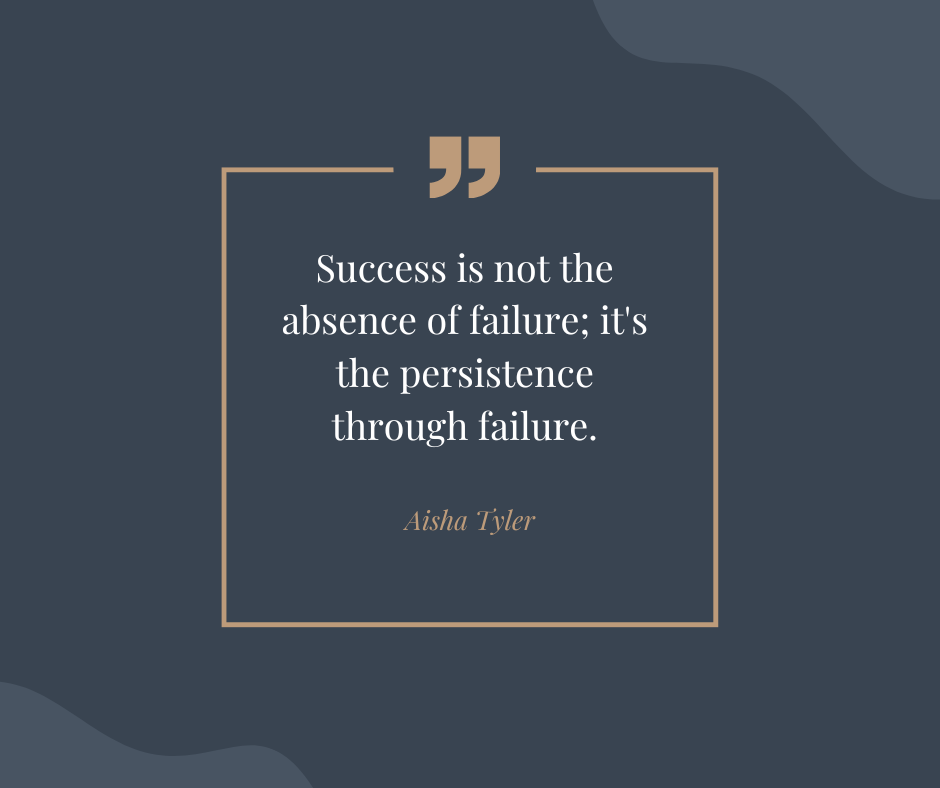Strategies for Nurturing Persistence and Resilience


When I enrolled in my PhD studies, one of the most common comments I got was, "It's persistence, not brains, that will get you to the end." Of course, to succeed in any area of life - professional or private - you need a bit of both.
These articles on learning strategies and memory describe some aspects of the "brain" part children need to succeed.
The following text focuses on developing persistence.
In this article
There are several ways to help children develop persistence in learning:
Encourage a Growth Mindset
Help children understand that their abilities and intelligence can be developed through effort and learning. Emphasise the importance of perseverance and the power of "yet" when facing challenges.
"The power of yet" is a concept popularised by Carol Dweck (1), a Stanford University psychology professor, in her book "Mindset: The New Psychology of Success." The idea is that when people adopt a "growth mindset" instead of a "fixed mindset," they understand that their abilities and intelligence can be developed through effort and learning. The phrase "the power of yet" refers to the understanding that one may not yet possess a certain skill or knowledge, but with effort and time, one can acquire it. This mindset can help individuals persevere through challenges and setbacks and ultimately achieve their goals.
One simple strategy is encouraging positive self-talk.
Children who give up easily often think or say things like:
"I'm just no good at this."
"I can't solve this task or do this homework."
"I'll never catch up."
When faced with negative self-assessments, help your child reframe them into more positive ones, such as:
"I'm not good at this YET!"
"I can't solve this task or do this homework YET. If I keep trying, I will eventually get it."
"I can't catch up YET, but I can come up with a plan and make it."
Set S.M.A.R. T Goals
Help children set specific, measurable, and realistic goals for themselves. This will give them a sense of purpose and direction and help them stay motivated.
This article describes in detail how to set S.M.A.R.T goals, and here's an overview:
- Specific: The goal should be clear and specific. For example, "I will do 10 tasks before lunch" or "I will copy and draw 5 new words from this language lesson" are specific goals.
- Measurable: The goal should be measurable so that progress can be tracked. For example, "I will learn 10 new words per week" is measurable.
- Achievable: The goal should be realistic and achievable. Let's say that your child is in the second term of the first grade. "I will read a level 1 book this week" is an achievable goal.
- Relevant: The goal should be relevant and important to the child. For example, "I will learn the names of all the planets" is relevant for a child who is interested in space.
- Time-bound: The goal should have a deadline. For example, "I will learn to write my name in cursive by the end of the month" is time-bound.
It's important to keep in mind that young learners might have difficulty setting goals for themselves. In that case, you can help them by breaking down bigger goals into smaller, more manageable chunks and by setting short-term goals or milestones that will help them reach the bigger goal.
It's also important to involve the child in the process of setting the goals; this way, they will feel more motivated and will take ownership of their learning.
Provide Feedback
There's no question about it. Brain studies indicate that we respond to social approval in much the same way that we respond to monetary rewards (3). This means - praise feels good. And certain types of praise can lead to helpful outcomes when it comes to helping children develop persistence (4, 5). More specifically, giving children positive feedback when they put in the effort, even if they don't immediately succeed, can help them keep working on challenging tasks. This will help them understand that effort is more important than the outcome. If you remember the concept "the power of yet" described earlier, you know that just because a person has not accomplished a task yet, does not mean that they cannot or should not try, and certainly that they should not give up. When we praise children for persistence, strategy, and effort, we are helping them understand the power of yet.
Imagine a child getting an A on a math test. Compare these types of praise:
"Wow! You are such a clever girl/boy!"
"You are really good at maths!"
"You got the best grade! Well done!"
vs
"Wow! Those hours spent practising have really paid off!"
"I like how you tried to solve this task instead of just giving up."
"I can tell you've been practising!"
Offer Opportunities for Self-Reflection
Encourage children to think about their own learning process and how they can improve.
Providing opportunities for self-reflection helps children develop metacognitive skills, which will help them to become more independent learners and to take more control over their own learning.
Here are two examples of providing opportunities for self-reflection for young learners:
1. Journaling: Encourage children to write about their learning experiences in a journal. Ask them to reflect on what they learned, what challenges they faced, and what they can do differently next time.
2. Self-talk: Encourage children to reflect on their own thinking by using self-talk. This can be done by helping them to identify their own thoughts, feelings and emotions and how these might influence their learning. Show them how to do it using the think-aloud method (5). Simply said, thinking aloud is the concurrent verbalisation of thoughts while performing a task.
If you want to help your child develop persistence, try saying something like:
"Oh, this cake didn't turn out as I planned. Next time, I have to try other ingredients. If I give up now, I'll never learn how to make a cake."
Providing opportunities for self-reflection helps children develop metacognitive skills, which will help them to become more independent learners and to take more control over their own learning.
Model Persistence
Children learn by example. Show them the importance of persistence by being persistent yourself.
1. Parent as an example. Setting a good example by being persistent in your pursuits is vital for children to understand what it means to keep trying. Share with them your failures and successes. E.g. last year, I was a part of mass layoffs. It took me months and countless applications to get a new job. During this job search, I often talked with my kids about the ups and downs. I shared with them how sad and discouraged I sometimes felt and asked them for their insight. Should I keep looking for a job or just give up? What could happen if I give up or persist?
Of course, you share what they can understand and not become overwhelmed.
2. Others as examples. The world is full of people whose lives tell a story of persistence. Use them to show your child what it means to keep trying. E.g. a few weeks ago, I started reading Harry Potter to my kids (reading has been our bedtime routine since they were born). Every time we start a new book, I tell them 2-3 sentences about the author. J.K. Rowling is an embodiment of persistence. Did you know that 12 publishers rejected her before she managed to publish her first Harry Potter? So, we talked about the challenges she faced and how lucky we are that she kept trying after her first rejection. And second. And eleventh.
Modelling persistence to children can help them understand that it is normal to face challenges and that through perseverance and hard work, they can overcome these challenges and achieve their goals.
Further reading on the topic:
(1) Dweck, C. (2007). Mindset: The New Psychology of Success. Ballantine Books.
(2) Bhanji, J.P. and Delgado, M.R. (2014). The social brain and reward: social information processing in the human striatum. Wiley Interdiscip Rev Cogn Sci. (1):61-73.
(3) Gunderson EA, Donnellan MB, Robins RW, Trzesniewski KH. (2018). The specificity of parenting effects: Differential relations of parent praise and criticism to children's theories of intelligence and learning goals. J Exp Child Psychol. 173:116-135.
(4) Gunderson EA, Sorhagen NS, Gripshover SJ, Dweck CS, Goldin-Meadow S, Levine SC. (2018). Parent praise to toddlers predicts fourth grade academic achievement via children's incremental mindsets. Dev Psychol. 54(3):397-409
(5) Ericsson, K. A., and Simon, H. A. (1993). Protocol Analysis: Verbal Reports as Data. Cambridge, MA: MIT Press.



